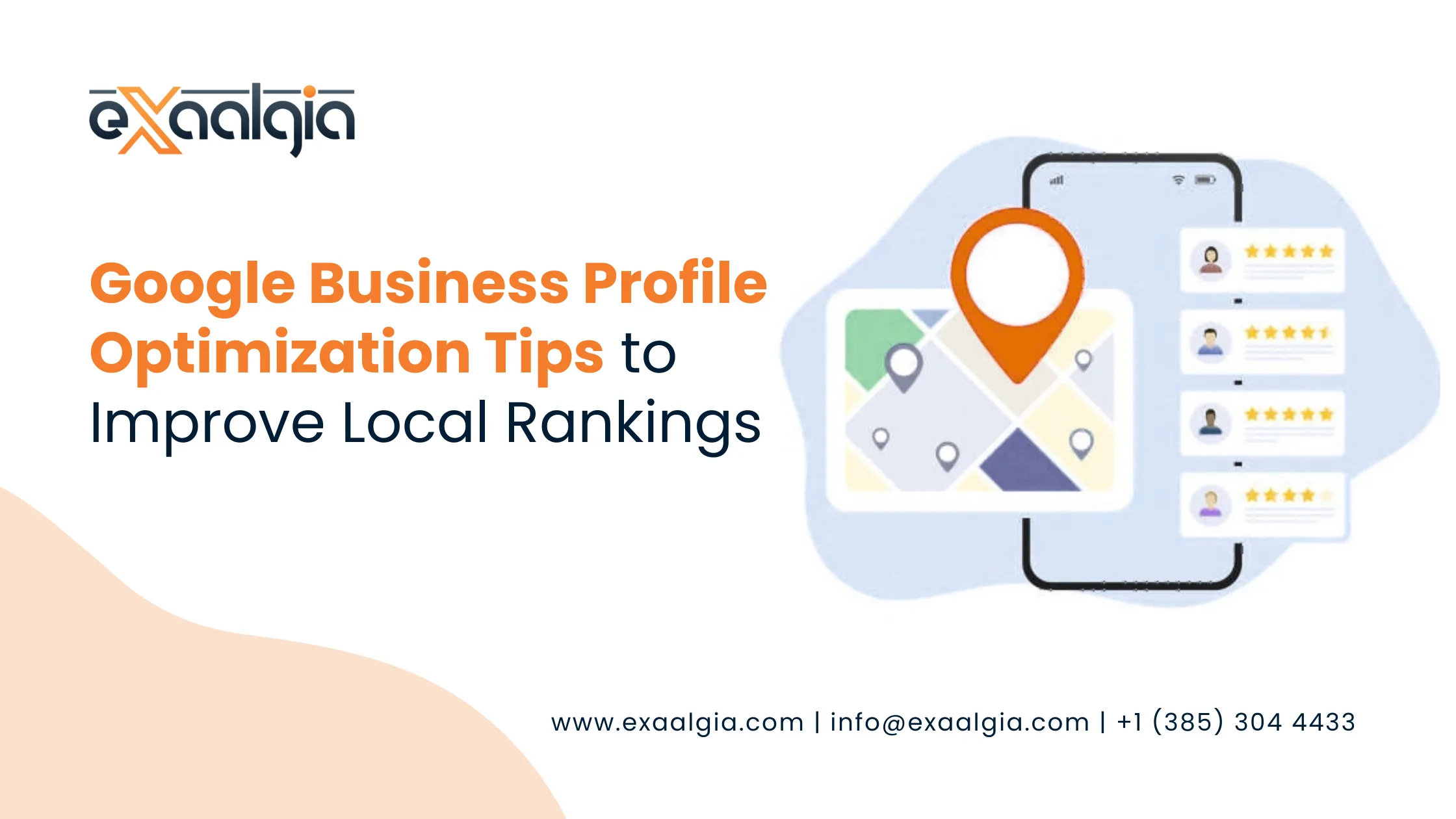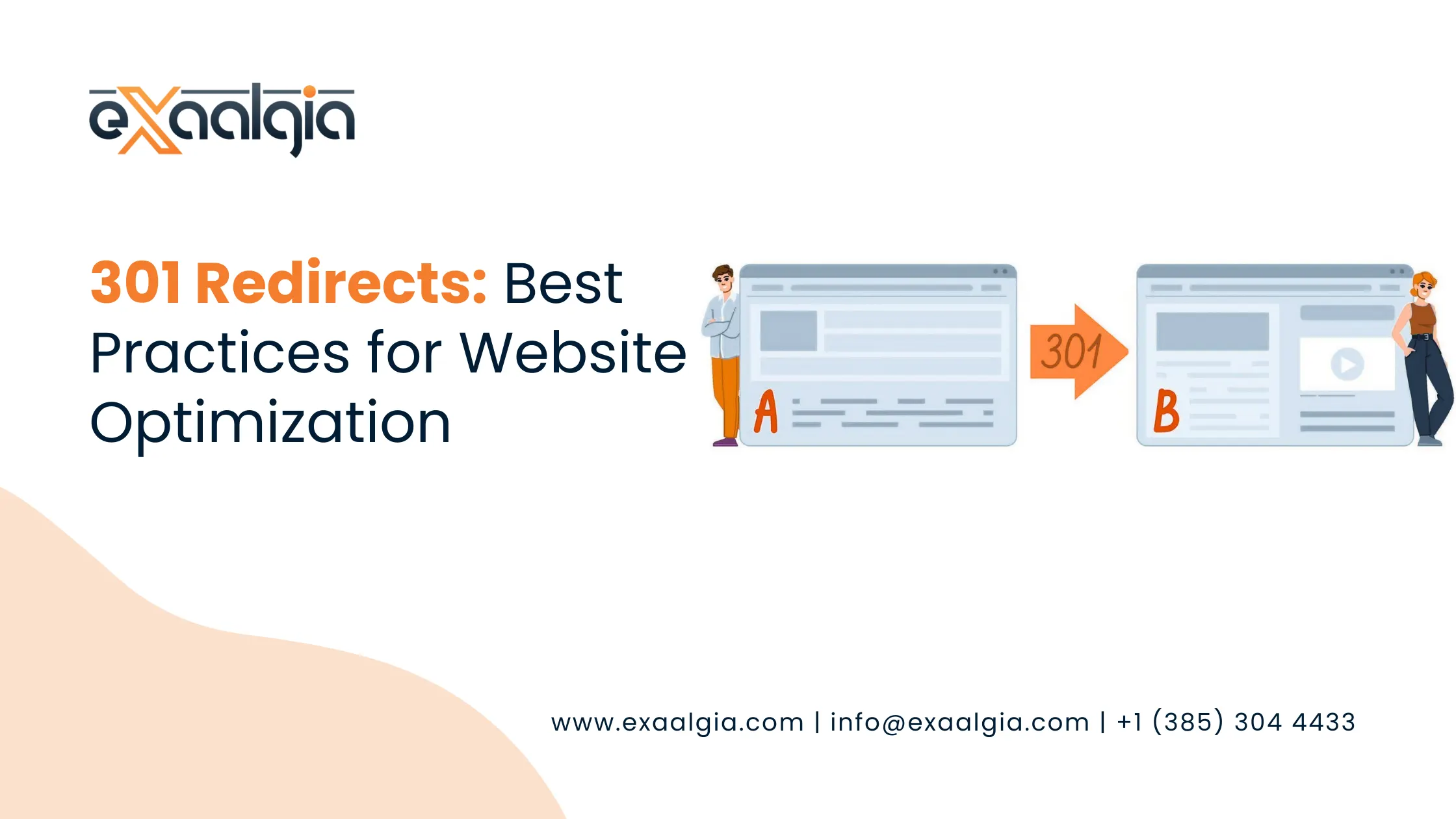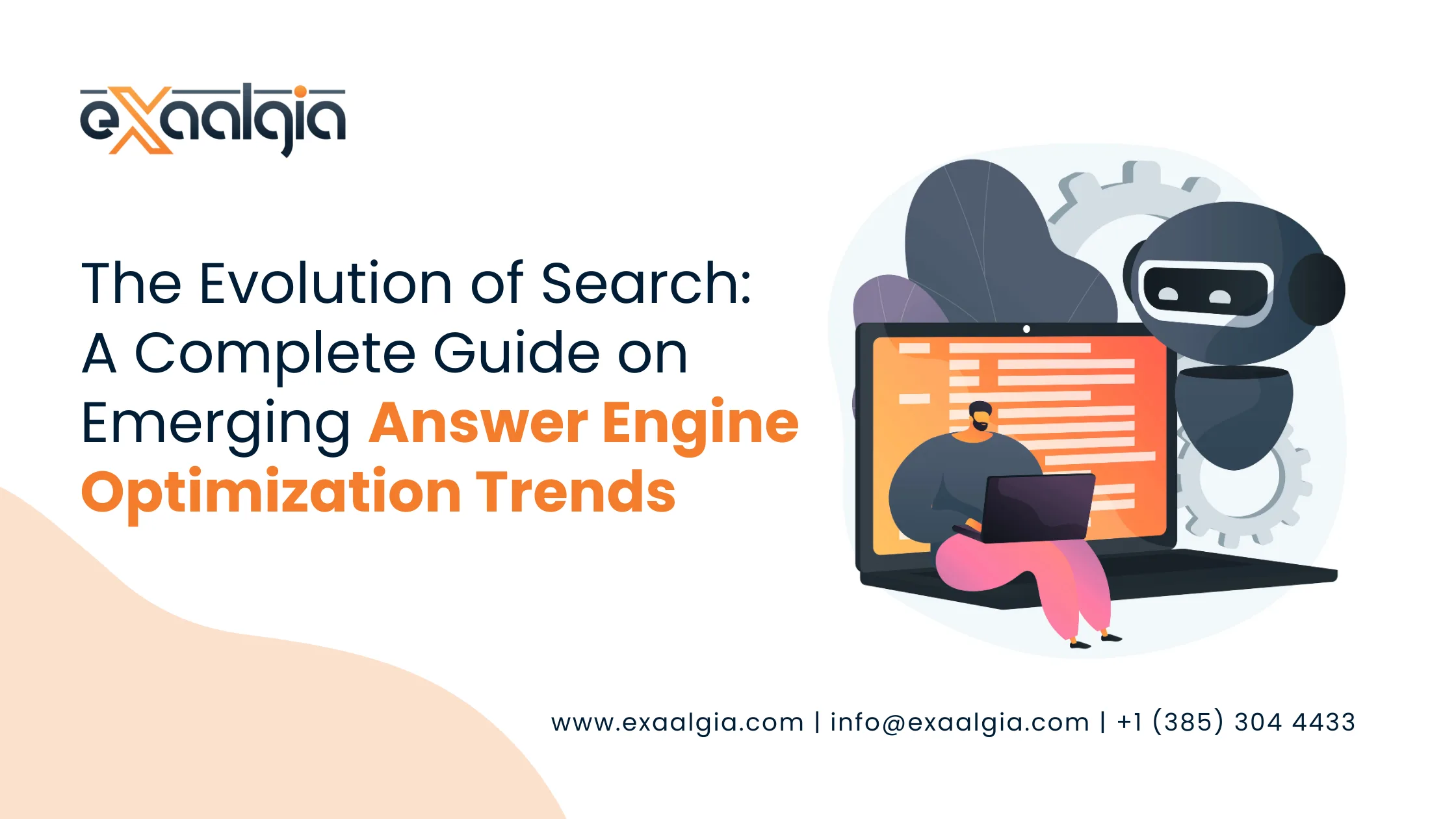This post guides you on everything you need to know about Shopify SEO, from best practices and tools to strategies that help your store rank high in search results.
1. Why Is SEO Worth Investing for Shopify?
The sad truth is, even the Shopify store of the finest appearance will not unlock its potential without SEO. So, why do you really need to invest in Shopify SEO? Here’s the reason for you:
Increase Organic Traffic
SEO ensures your store features at the top search results of a specific search engine, so there are higher chances of traffic without throwing money at an advert.
Better Conversion Rates
SEO is not just about traffic but the right visitors. Proper SEO strategies ensure that you drive traffic that will convert into payers.
The Long-term Impact
SEO takes a very long time compared to paid advertising. The investment you make in your website in terms of SEO will, generally, last for at least several months, even several years.
Using the right SEO methods will also guarantee that you make full use of Shopify to achieve constant, measurable growth. And if you happen to be in a growth mindset as far as your business is concerned, you will require professional help of an SEO Service USA to complement your activities.
2. What Features Does Shopify Have to Assist with SEO?
One of Shopify’s greatest strengths is the built-in SEO-friendly features. Here’s how Shopify makes it easier for you to rank on search engines:
Custom URLs
With Shopify, you can configure a custom URL for products and collections as well as custom pages. These do not increase the chances of getting indexed by the search engines, which is one opportunity for you to optimize for your chosen keywords, such as “handmade jewelry Shopify store.”
Responsive Design
Google loves mobile-friendly sites, so Shopify also delivers responsive themes that automatically adjust to different screen sizes.
SSL Certificates
Shopify Pre-install SSL Certificate each of its stores. This is very important for security, thus enabling your ranking.
Integrated and Easy-to-Use Blogging Platform
The blogging feature of Shopify in-built will make it very easy to come up and publish your content, which lies at the core of any SEO strategy.
Apart from these, there are other integrated functions with Shopify that will track your progress and help you improve it; hence, you have every reason to assume that the efforts you make are in adherence to best practices.
3. How to Improve Your Shopify Pages’ SEO
Now that you know why Shopify SEO matters and what features Shopify provides, let’s go into some specific strategies you can use to optimize your Shopify store for better rankings.
Optimize Your Titles and Meta Descriptions
A unique title and optimized meta description should appear on every single page of your Shopify store, from products to blog posts. Title tags must be under 60 characters in length and should contain your main target keywords, such as “Shopify SEO tools” or “Best Shopify store designs.”
The meta description does not directly affect your ranking but plays a very significant role in click-through rates, CTR. A good keyword tag description can encourage users to click through on your link over a competing link.
Create High-Quality Content
Content is king in SEO, and that holds definitely for Shopify SEO as well. Google prefers content that is informative, well-written, and relevant to the actual search query. Ensure that your product descriptions, blog posts, and even home content are optimized with target keywords but are also written for humans and not just search engines.
A Few Takeaways
Use long-tail keywords
Instead of just using general keywords like “shoes”, use phrases such as “vegan running shoes for women”.
Answer the questions of your customers
By using FAQ pages, or even blog posts answering common questions of your customers, you can more easily improve search rankings.
Internal linking
Internal linking is an effective way of guiding users to other related information on your site. Secondly, such a process facilitates search engines to crawl and index your pages more easily.
Improve Site Speed
Do you know having a slow site hurts ranking? Even Google uses page speed as a ranking signal; thus ensure that your Shopify store takes up less time to load.
This way you could make your Shopify site fly:
Compress images
Huge picture files are what make your site slow. Use some image compression tools to decrease the size of your file without losing quality.
Reduce apps
Do minimal apps that are important. Remove some of the apps you do not really use as too many apps can be draining on your site.
Choose a Quick theme
Not all themes of Shopify are equal. Some are heavy and slow than the others, so choose a theme that is extremely light and fast.
Use the Google PageSpeed Insights tool to check your site’s speed along with the suggestions for improvement.
Optimize for Mobile
Mobile devices account for well over half of global online traffic, and Google’s mobile-first indexing means that the mobile version of your site is the main version that Google will use for ranking. Shopify’s responsive design features make it easy to have a mobile-friendly store, but you should also:
- Ensure text and buttons are large enough to read and click on smaller screens.
- Use mobile-friendly images that load quickly.
- Test your site on many devices to make sure it renders well and functions correctly.
- Get other sites to link to your Shopify store
Getting people to link to your Shopify store is probably the most efficient SEO technique. But backlinks from quality websites are essentially a vote of confidence for your content and help build your authority in the eyes of Google.
Here are some ways to earn backlinks
- Contact bloggers and influencers in your niche.
- Guest Blogging Other Industry-Related Websites – Link back to your store
- Create shareable content like infographics or other guides that other sites want to link back to
Shopify SEO Apps Shopify offers several SEO apps that make optimizing your store much easier.
Some of them are worth checking out:
SEO Manager: An app that can give you advanced SEO tools ranging from metadata editing to Google Search Console integration.
Plug in SEO: An easy-to-use app that gives you insight into the health of your site in terms of SEO and offers recommendations to improve.
These apps will help save you time and ensure best practice.
Elevate Your Shopify SEO
Want to get your Shopify store to soar in search engine rankings?
Great place to start is by following these Shopify SEO tips:
Optimization of your content through optimizing meta tags, header tags, the price of contents among other features; Site speed improvement by optimising all images and graphics, as well as server response times; Developed backlinks from reputable websites and gradually increase the number of published backlinks.
But if all this SEO business is overwhelming and you truly need to know that you’re making the right moves, think about hiring professional SEO Services USA or Digital Marketing Services at the top of your list. With the right approach, your Shopify store is going to attract all kinds of awesome new traffic and convert visitors into loyal customers in no time.
Optimized your Shopify store for SEO yet? Contact us today to discover expert SEO strategies that’ll rock your rankings and grow your business.
Frequently Asked Questions
What is Shopify SEO?
Shopify SEO is the process of optimizing your Shopify store to rank higher in search engine results, making it easier for customers to find what they’re looking for.
How does SEO benefit a Shopify store?
SEO provides organic traffic to your store, lets you attract qualified leads, and increases the chances of converting visitors into customers.
What tools will come in handy while working with Shopify SEO?
Some of the most powerful tools used include Google Search Console, Yoast SEO, and SEO Manager. This will help you learn everything about the performance of your site and optimize it for search engines.
How do backlinks improve Shopify SEO?
The backlinks from trusted sites boost your domain authority, and in doing so, increase the credibility of your store to Google, thus pushing up the search rankings.
Why do you need mobile optimization for Shopify SEO?
Since most traffic for a website comes through mobile devices, a store having mobile adaptation would make your store usable to users but would also make it appear more trustworthy in the mobile-first indexing scheme, which Google has proposed.







